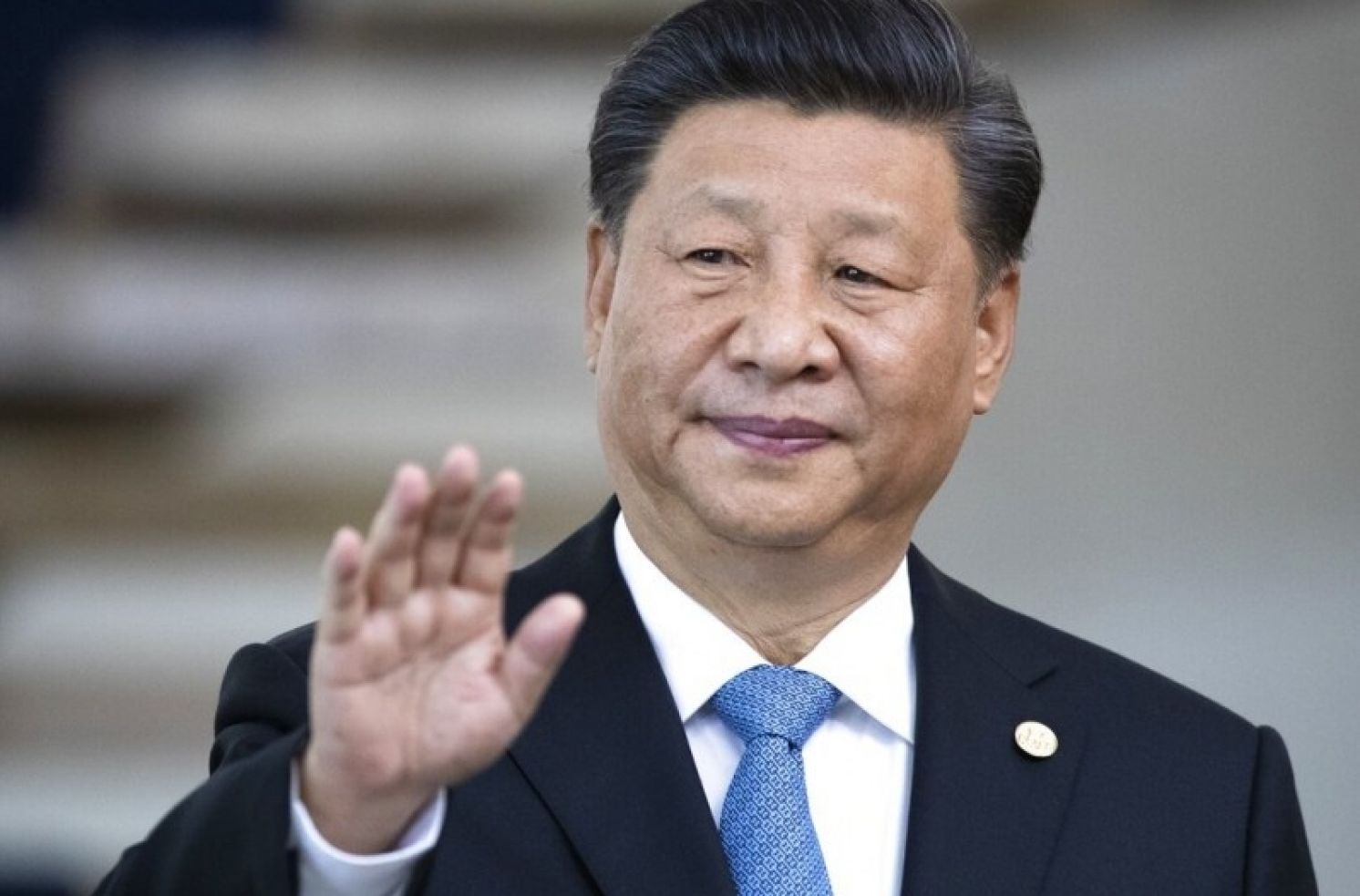
This Week in Taiwan 1009-1016
October 9: The United States Department of Commerce announced on October 7 chip export control measures to contain the development of China's semiconductors. The Ministry of Economic Affairs stated on October 9 that the United States is primarily targeting supercomputers and data centers, with little impact on Taiwan because Chinese manufacturers do not place these kinds of orders with Taiwan businesses. In addition, the Taiwan Semiconductor Manufacturing Company (TSMC) confirmed that it has received a one-year exemption and stated that the new U.S. ban on China is mainly targets ultra-high-end chips related to artificial intelligence and supercomputers and has limited impact on TSMC operations.
October 10: In her National Day address, President Tsai Ing-wen emphasized that confrontation is by no means an option for either side of the Taiwan Strait. Under rationality, equality, and mutual respect, she is willing to work with the authorities in Beijing to find a mutually acceptable way to maintain peace and stability in the Taiwan Strait.
October 11: The Taipei stock exchange suffered a collapse by nearly 600 points, and the New Taiwan dollar also depreciated by nearly $0.2. against the U.S. dollar. The Securities and Futures Bureau, Financial Supervisory Commission, took action to save the market. Starting from October 12, the daily intraday securities borrowing and selling limit was reduced from 20 percent to 10 percent, and the minimum margin for securities lending was raised from 100 percent to 120 percent.
October 11: Minister of National Defense Chiu Kuo-cheng redefined what is meant by "first strike." In the past, the first strike was defined as missiles and artillery shells. Now, mainland Chinese aircraft, including drones, enter Taiwan's airspace, will also be regarded as a first strike. In his interpellation, Legislator Johnny Chiang asked how the military will deal with a first strike. Chiu confirmed that as soon as the opponent makes a first strike, the military will counter-attack, potentially triggering war, making the situation very serious.
October 12: The White House released the Biden administration's national security strategy, reiterating its support for Taiwan's self-defense and maintaining the ability of the United States to resist any resort to force or coercion against Taiwan. The United States ranks China as its foremost competitor and is the only rival that the United States faces in the world. Overcoming China is the utmost priority.
October 13: Border restrictions were lifted after 939 days due to the coronavirus (COVID-19). The Central Epidemic Command Center (CECC) lowered the global travel advisory to level 2 "Alert" from the level 3 "Warning" since March 21, 2020.
On the first day of the new "0+7" quarantine system, a total of about 20 tour groups and 244 group tourists came to Taiwan for sightseeing.
October 14: In the annual final accounts review, the National Audit Office listed five major deficiencies in the procurement of Medigen vaccines. Among them, Medigen vaccines were overdue for more than 30 days for many times, and the Ministry of Health and Welfare did not add liquidated damages according to contract. Minister of Health and Welfare Hsueh Jui-yuan explained that liquidated damages were not added due to administrative omission, but subsequent penalties have been increased.
October 16: The 20th National Congress of the Chinese Communist Party debuted. In his political report at the opening ceremony, General Secretary XI Jinping indicated that the resolution of the Taiwan issue is the Chinese people's own business, and it must be decided by the Chinese people. According to Xi, China adheres to the prospect of peaceful reunification with the utmost sincerity and best efforts, but it will never commit to renounce the use of military force and reserve the option of taking all necessary measures. The Office of the President responded that the Republic of China (Taiwan) is a sovereign and independent state, and the people of Taiwan believe in and are committed to freedom and democracy. The mainstream public opinion in Taiwan also clearly rejects "One Country, Two Systems."